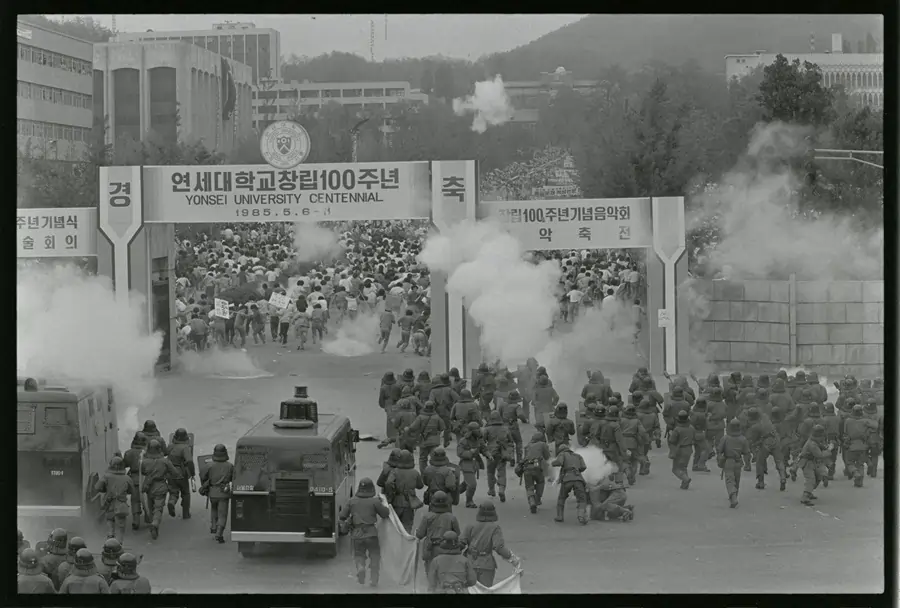Top Stories
After Yoon’s martial law order, South Korean protester recalls strongman military rule
Published : 2 days ago, on
By Sebin Choi and Eduardo Baptista
SEOUL (Reuters) – When President Yoon Suk Yeol declared martial law, for the first time in South Korea since 1980, 70-year-old Lee Chul-Woo was reminded of his youth, much of it spent protesting right-wing military strongman rule.
The swift rejection and failure of Yoon’s move partly stems from that painful history, which millions of South Koreans can still vividly recall. There have been more than a dozen instances of martial law being declared since South Korea was established as a republic in 1948.
Lee, a supporter of main opposition party leader Lee Jae-myung who has been going to protests calling for Yoon’s impeachment in the past few days, said he participated in pro-democracy student protests in the 1980s and was beaten and arrested by soldiers, an experience that still gives him cold sweats and nightmares.
“When (Yoon’s) martial law failed, I was somewhat relieved, whenever I hear ‘martial law’ I do think of the old days, the oppression of human rights,” Lee said.
Hundreds of people are estimated to have died or gone missing when the South Korean military violently put down an uprising in Gwangju in May 1980, which began in response to General Chun Doo-hwan establishing a military dictatorship and declaring martial law in the same month.
The event, seen by some as a precursor to the transition to a democracy in 1987, has since been memorialized as a painful reminder of the country’s road to becoming a liberal democracy.
Lee, a retired teacher, recalled how troops in Seoul entered the grounds of the university where he was studying with machine guns and tanks during the Gwangju massacre.
When troops were sent to the National Assembly on Tuesday night to enforce Yoon’s orders, Lee said he thought about the death toll in Gwangju and how he was grateful that the troops this time were not “as ignorant as they were in Gwangju”.
ECHOES OF AUTHORITARIAN PAST
In an unscheduled late night television address on Tuesday, Yoon had said martial law was necessary to protect South Korea “from the threat of North Korean communist forces” and “to eradicate the despicable pro-North Korean anti-state forces that are plundering the freedom and happiness of our people”.
His branding of critics and opponents as North Korean or communist sympathisers echoes language used by South Korean governments before 1987 to justify crackdowns on dissent, alienating voters like Lee who suffered under right-wing authoritarian governments.
“When I see this guy now, his mindset is from the 60s and 70s, Yoon Suk Yeol can’t escape that era,” Lee said.
While Lee is hopeful that younger Koreans take his place at protests, he said he would protect the National Assembly with his own body if a martial law were to be declared again.
“Now that I am over 70, I have lived enough, right? Young people should not be sacrificed, people like us have to make sacrifices,” he said.
(Reporting by Sebin Choi and Eduardo Baptista in Seoul; Editing by Alex Richardson)

-
Finance3 days ago
Phantom Wallet Integrates Sui
-
Banking4 days ago
Global billionaire wealth leaps, fueled by US gains, UBS says
-
Finance3 days ago
UK firms flag over $1.4 billion in labour costs from increase in national insurance, wages
-
Banking4 days ago
Italy and African Development Bank sign $420 million co-financing deal







